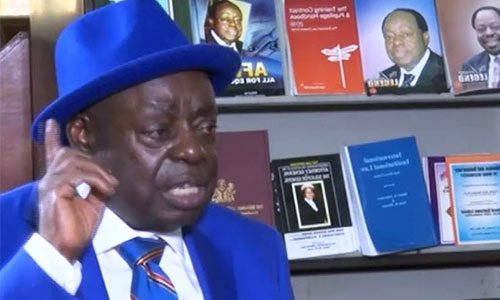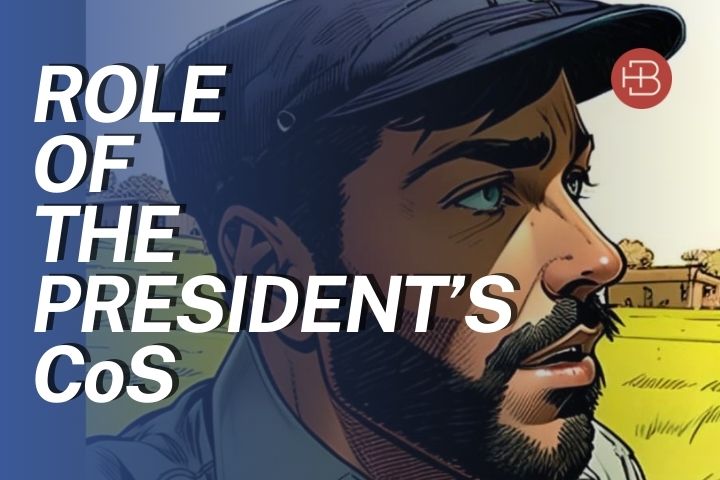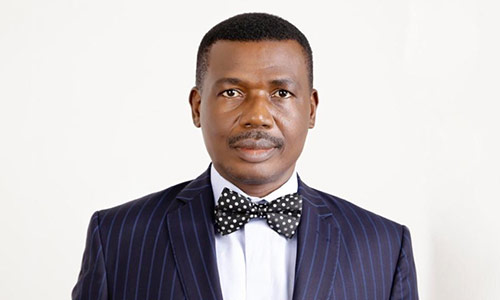2023 General Election: Lie Telling By Politicians

THE Nigerian political space is gradually getting saturated with the gradual dawning of the 2023 General Elections. Unsurprisingly, the news media have be filled with the political campaigns and interviews of Presidential, Governorship and Legislative Houses hopefuls who have tried to curry the support of the electorate. These efforts are, of course, backed by party delegates, political godfathers, and influential people. Ahead of the elections, politicians will have no qualms promising absurdities and outright impossibilities to a populace that, while tired of politicians’ poor performance, has yet to demonstrate a genuine willingness to hold them accountable for failing to deliver on previous electoral promises. It is expected that these campaign promises will be centred around the yet-to-be-resolved issue of security, infrastructural development, health, employment, electricity generation, agriculture, and education. Politicians will promise millions of jobs, the construction of schools, the rehabilitation of roads, the revitalisation of the educational sector, and the revamping of the medical sector, all of which appear to be doable and indeed expedient on the surface except for the lack of any intention to carry them out.
False assurances
Regarding education, promises will be made to build new schools, free schools, and provide free food while current schools continue to be deprived of funding for salary payments and facility repairs. Many roads in Nigeria are now in appalling condition. Nonetheless, cases have been documented in the past in which a road that is completely inaccessible to any type of motorised vehicle is reported in the government’s archives as having been restored or reconstructed time and time again. Many politicians will forge paperwork pertaining to their eligibility to run in the elections even before winning their party’s primary. To be certain, the phenomenon of lie telling by Politician is not peculiar to Nigeria alone. It pervades the whole planet so much so that academic studies have been dedicated to study just why Politicians lie.
In his article entitled “Six Reasons why Politicians lie”, Jim Taylor Ph.D. stated as follows: “I’m constantly amazed by how often politicians lie and then, of course, their unwillingness to admit that they lied. The euphemisms that politicians use for what is, in many cases, bold-faced lies are legend. Politicians misspoke. The biased media misinterpreted what they meant. Politicians’ words were distorted, misrepresented, twisted, exaggerated, or taken out of context. They overstated, understated, or misstated. But, of course, politicians never lie, at least that’s what they say. Yet, the unvarnished truth is that politicians do lie about things substantive…The $64,000 question that is constantly asked is: Why do politicians believe they can lie and not get caught?”
He then identified the six reasons why Politicians lie as:
Many Politicians are narcissists.
Narcissists are arrogant, self-important, see themselves as special, require excessive admiration, have a sense of entitlement, and are exploitative. 2. Politicians know their followers will believe them, even in the face of irrefutable evidence to the contrary. 3. People don’t want to hear the truth. 4. The Internet never forgets. 5. Cognitive biases. 6. If a lie is told enough times, people will assume it is true. Another school of thought contends that politicians must lie in order to maneuver within the political and leadership environments in which they find themselves. Arguing this view in his article titled “Why Politicians lie”, Dr. Ichak Adizes stated that: “The theme of lying politicians is not exclusive to the USA. In the fifty-two countries in which I have worked, I hear the same complaint: “We cannot trust our leaders. They are evasive. They hold back from telling us the truth, etc.” So why is it a global phenomenon that politicians lie? Because they have to.
I got this insight from working with prime ministers and presidents of various countries, while at the same time working with CEOs of very large companies. Leaders of major conglomerates and of countries exhibit very similar leadership styles: They are evasive, play their cards very close to the vest and do not share information if they can help it. They use big words to obscure their real intentions. They often “lie,” skirt the truth, too.
Why? The higher you ascend up the hierarchy, the more political the environment becomes. Those you are interrelating with have their own interests—be they personal, or of the unit they manage—and there is a struggle between all these interests. As a leader you have to manoeuvre between all these pressure groups and powerful individuals and survive the manoeuvring. If you are truthful about your intentions and make them known, you are giving information to those who want to unseat you, who want you to lose so they can gain. You lose the capability to manoeuvre politically. It would be like a military leader making his battle plans known to the enemy during a war. And folks, up there in the organizational hierarchy, whether of a country or a corporation, it is a war.”
There are times when lying is not a crime and when it is essential. However, the reality is that in this region of the globe, politicians’ lying has grown so common that care is required. When a falsehood is repeated, people come to believe it is true, according to Dr. Taylor. Furthermore, as he pointed out, it is quite simple for a falsehood to persist on the internet in this day and age, to the point where many people would regard its existence on the internet as conclusive confirmation of its validity.
Links between lies and lack of trust
The argument must also be underscored that deceiving the electorate into voting based solely on lies is fundamentally immoral. Such actions invariably result in a loss of trust between the government and the people it governs. It explains why many Nigerians have always believed, even before independence, that the government cannot be trusted and that everyone in government is entitled to a piece of the “national cake.”
Explaining this, Martin Meredith in his book, “The State of Africa”, stated as follows: “The misuse of public funds in Nigeria had deep roots. During the colonial era, many Nigerians regarded government institutions as olu oyibo – whiteman’s business, an alien system that could be plundered when necessary. Government’s business is no man’s business, ran a popular Nigerian saying.” Explaining the practice, Eghosa Osaghe, a Nigerian academic commented: ‘there was thus nothing seriously wrong with stealing state funds, especially if they are used to benefit not only individual but also members of his community.
Use the power and resources
Those who had the opportunity to be in government were expected to use the power and resources at their disposal to advance private and communal interests.’ The attitude prevailed with the coming of independence. The state was regarded as a foreign institution that could be used for personal and community gain without any sense of shame or need for accountability. Plunderers of the government treasury were often excused on the grounds that they had only ‘taken their share.’ What added to the problem was the notion that the government was in effect, a reservoir of ‘free money.”
As elections approach, I encourage politicians to examine the consequences of their deception. While it may earn them political office, it will cause them to lose the faith and trust of people they rule, and the country will suffer as a result. I can only hope that the country’s fortunes and the urgency to protect it will one day completely resonate with our policymakers.
AARE AFE BABALOLA, OFR, CON, SAN, LLD. D.Litt.



